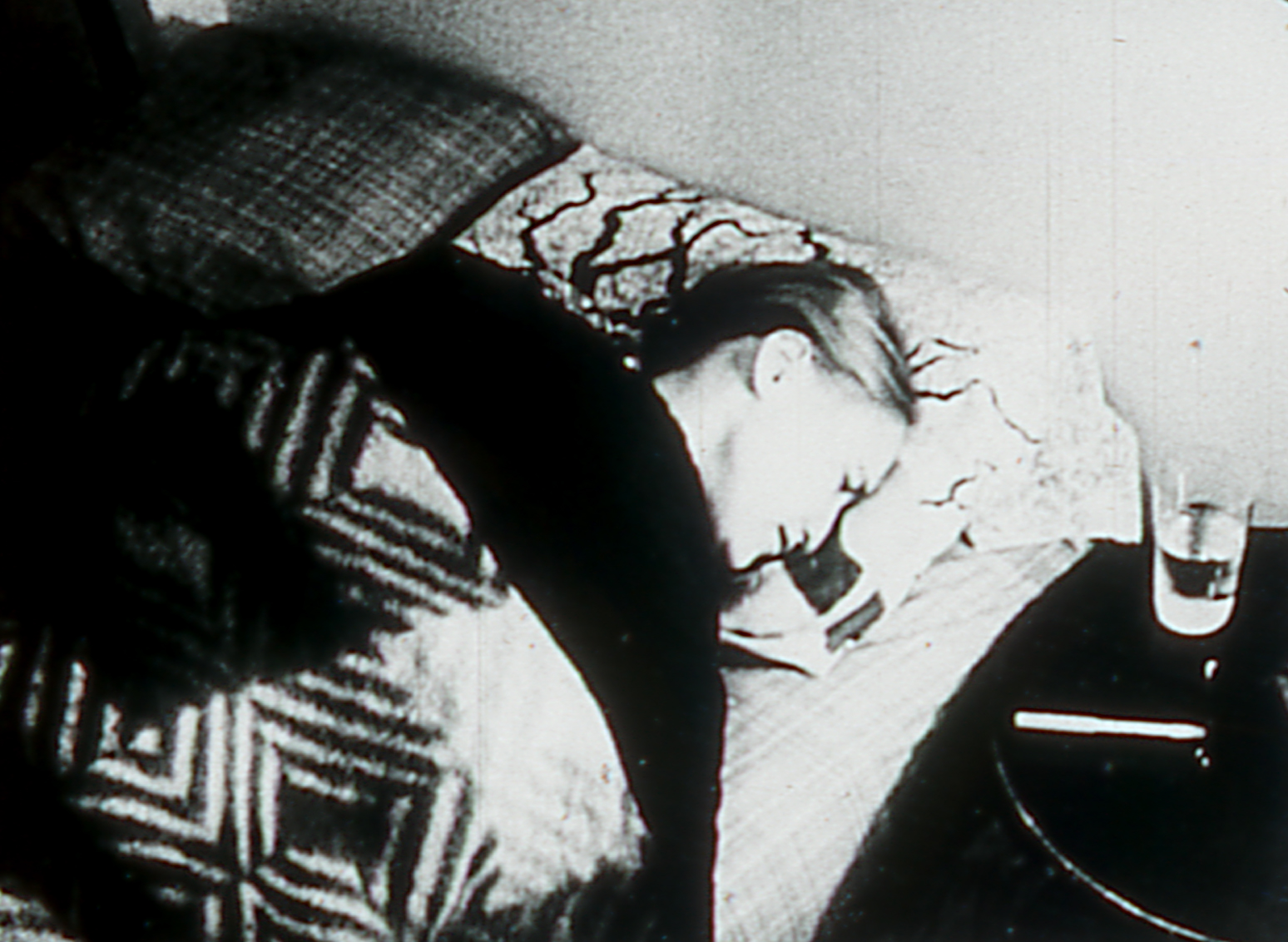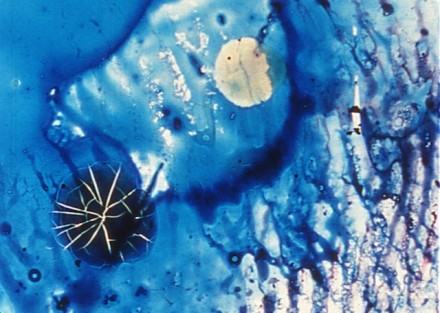
Jennifer Reeves' "The Time We Killed" + "Fear of Blushing"
Films
Description
On Friday, April 25th, 2025, at 7pm, Jennifer Reeves presents her feature film THE TIME WE KILLED at the Film-Makers' Cooperative (475 Park Avenue South, 6th Floor), followed by a Q&A moderated by Joshua Peinado, and a screening of Reeves' short film FEAR OF BLUSHING.
The Time We Killed (2004, 16mm, 94 minutes) “...proves that 16mm is still a tool for poets.” –Bill Stamets, Chicago Sun-Times
“Her observations blend into a lyrical swirl of sunny reverie, muted trauma, and inescapable reality” –Ed Halter, Village Voice
Jennifer Reeves’s debut feature, five years in the making, started as an exercise in montage. The film follows Robyn (Isaac Jarnot), an agoraphobic writer whose routines are upended by the events of September 11th. Reeves plays Lucy, Robyn’s ‘sister’ from an institution they both spent time in—a reimagining of her character from Chronic. The casting of Jarnot was thanks to a suggestion of Stan Brakhage, who told Reeves that “You have to meet [Isaac].” The film’s hybrid experimental-narrative structure echoes filmmakers as seemingly disparate as Chantal Akerman and Warren Sonbert, a key influence during this period of Reeves’s artistry. Reeves’s interest in psychoanalysis is at the forefront of the film—channeling dazzling arrays of image and sound as reflections of Robyn’s memories and fears, centering on the period of time in adolescence after a failed suicide attempt. The film is not only an interrogation of the status of the ‘hysteric’ woman in the late 20th and early 21st century, but of the ‘American character’ in the early days of the war on terror.
“Every time I hear someone say ‘wow and I thought Bush was bad’ in comparison to Trump, I just want people to get inside that moment post 9/11 up to the preemptive attack on Iraq , based on bogus claims which I cover in the film. The present political moment should be seen within a continuum and deeper context. At one point in The Time We Killed I write of “the amnesia of the American people”. It applied then and it does now. The past follows in our shadows whether or not we turn around and look.”
–Jennifer Reeves

